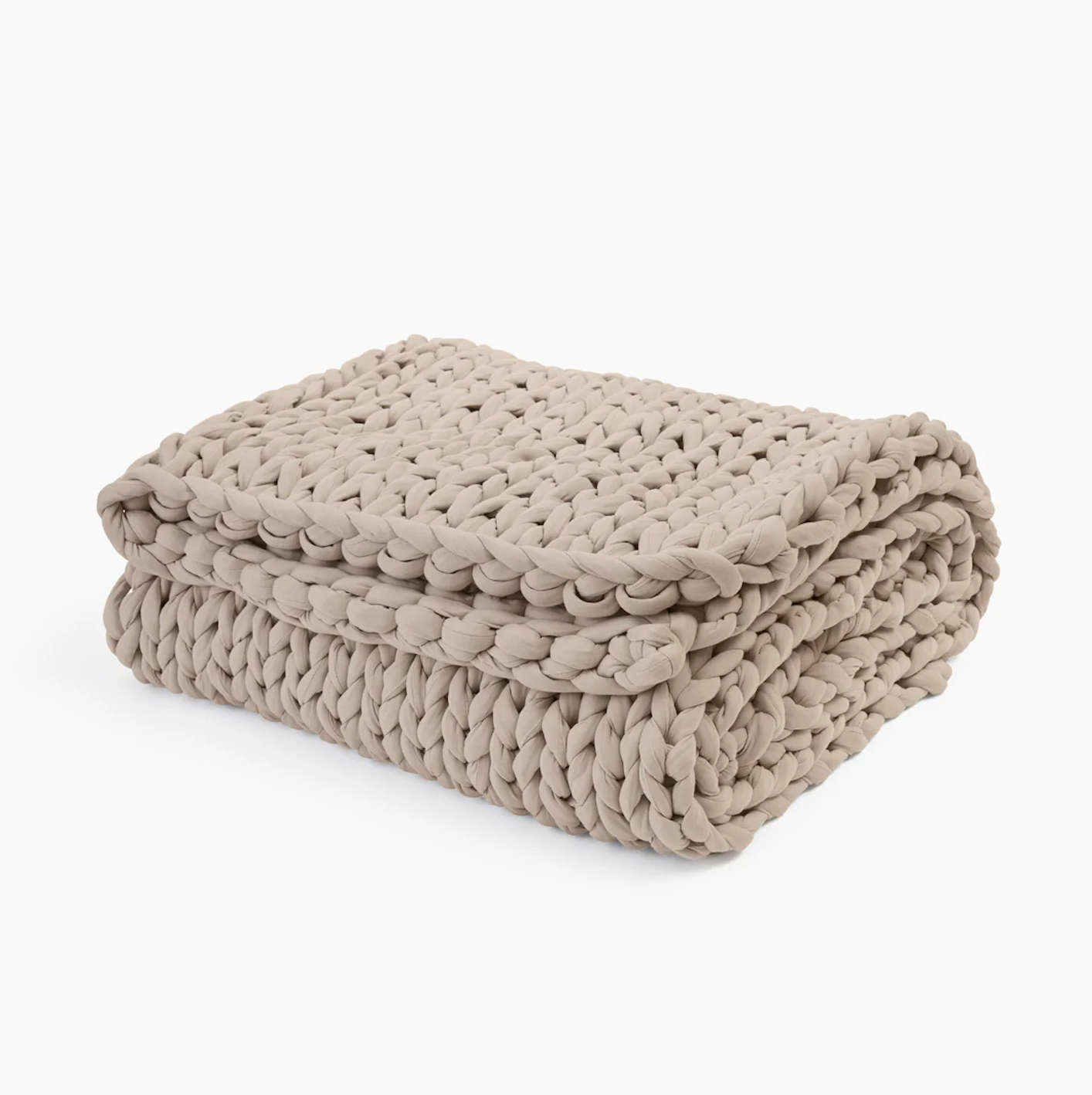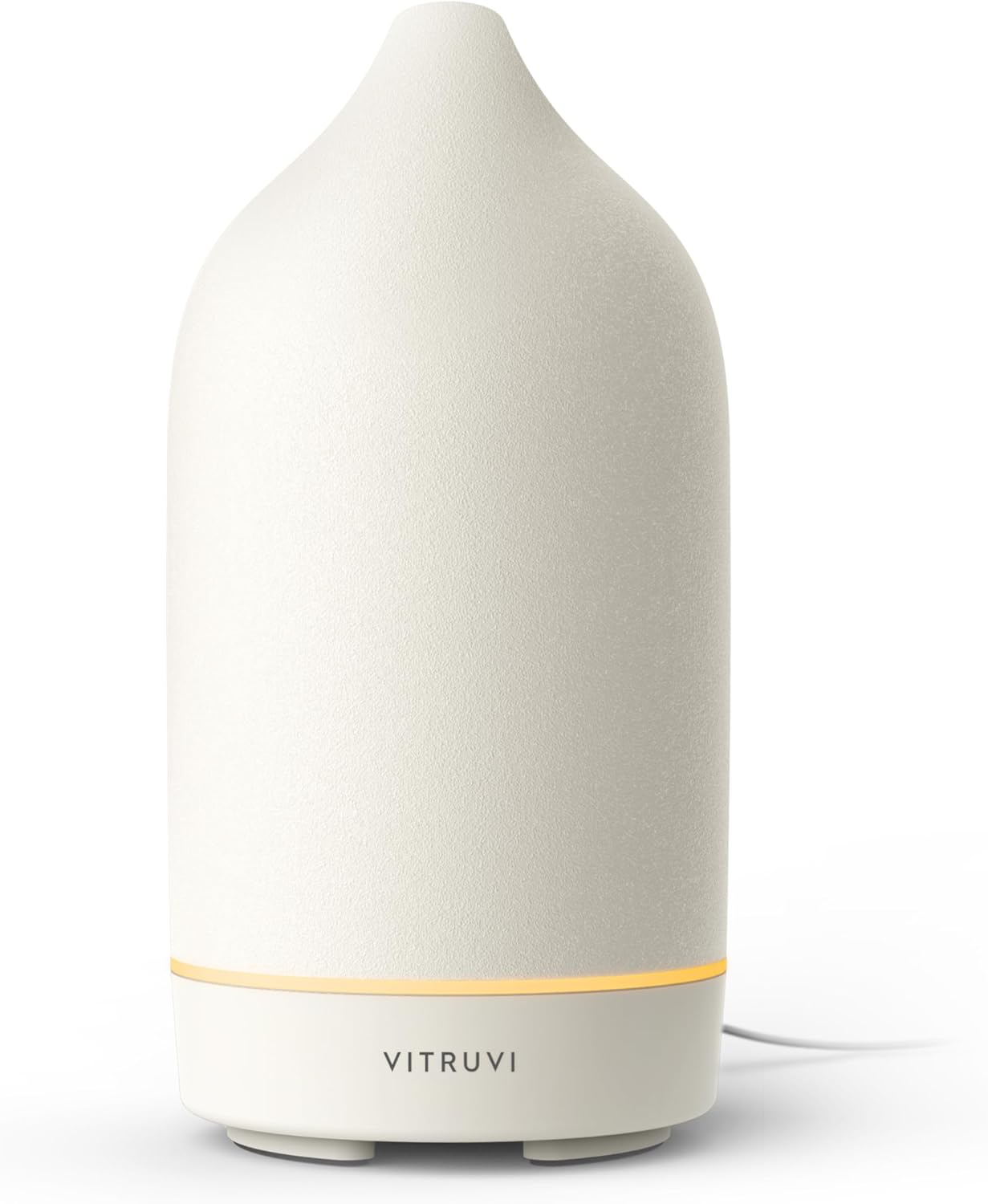
When you have strong urges to make a decision, also known as a “gut feeling” or that nervous fluttering that occurs from within, you are most likely receiving signals from an unexpected source: your second brain. Scientists call this little brain the enteric nervous system (ENS) because it is hidden within the digestive system’s walls. The ENS actually comprises two thin layers of over 100 million nerve cells that line your gastrointestinal tract from the esophagus all the way down to the rectum. According to John Hopkins Medical Center, the ENS may cause significant emotional changes in people who suffer from irritable bowel syndrome (IBS) and functional bowel problems such as constipation, diarrhea, bloating, pain, and stomach upset.
According to Harvard Medical School, our gut microbe metabolites also influence other factors closely related to cardiovascular risks, such as diabetes and high blood pressure. “Black women hold the highest statistics to experience high blood pressure, hypertension, diabetes, and stress. Most stress is from relationships, friendships, and work cultures,” says Arielle Simone, licensed holistic nutritionist. “So many Black people have IBS, gastritis, and colitis — [we eat] so many processed foods that are heavy on our stomachs. Our ancestors didn’t eat the way that we eat, even our parents. The quality of the food is very different. We are suffering from intense stomach disorders, we are bloated more than ever, constipated more than ever and very gassy.”
Such health strains and disorders can inhibit one from showing up for themselves. When one’s gut is in chaos, they are most likely not thinking straight. An unhealthy gut allows for lack of confidence in decision-making and self-confidence. To reconnect to your gut health, Simone says it’s critical to be intentional about what we consume by “eating the right foods, eating the right foods together, and learning what works for you. It’s important to listen to your body, be mindful, and tap into intuitive eating.”
Here are a few tips from Simone on how exactly to do that.
Have a food journal
“Food journals are a huge part of intentional eating,” Simone says, encouraging the use of apps to jot down what is consumed in a day. “It holds you accountable.”
She says after, take note of how you feel 30 minutes into digestion.
“Ask yourself, do I feel bloated, gassy, satisfied, and fulfilled? Can I go for a light walk? Assessing yourself after your meals serves as a compass to let you know, this works for me and this doesn’t work for me.”
To find what does work, she recommends mixing “vegetables with carbs and meat with vegetables” as meat and carbs do not digest well in the body alone.
Take care of your stress
“Taking care of your stress is taking care of your gut; it goes hand in hand,” Simone says. She recommends spending time in nature as studies prove being around greenery can help you feel calmer and more centered.
“We all need to be able to calm ourselves down and get centered at any moment,” she adds. “A lot of times, we feel emotional and then go eat a meal, and we don’t even realize our bodies are not breaking down the meal properly because of the wrong neurological responses and messages. I encourage everyone to find what works best for them.”
Have a morning routine
It could be going for walk around the block, meditating, praying, or journaling. Simone recommends finding a practice that is fulfilling. Try at least one and stick to it for at a week or two to really make it a habit.
“Tapping into mind, body, soul, what does your mind need first thing in the morning? It doesn’t need social media or responding to emails,” she says. “Just tap into what you need at the start of the day; pour into your cup.”
Start your day with ginger, turmeric, and black pepper
Begin each day with a cup of turmeric and cardamom pepper ginger tea, a smoothie, or a glass of room-temperature lemon water. They’re all packed with antioxidants. It’s best to drink it first thing in the morning since it helps to jumpstart your day by calming your body down. “When your body isn’t peaceful, it’s inflamed,” Simone explains.
It’s important to remember that you should always combine your drink of choice with black pepper when taking turmeric to activate the enzymes. Piperine, present in black pepper, aids in absorbing curcumin, a chemical that our bodies struggle to drink.
Move!
Consider your favorite childhood activity and get started!
Instead of taking supplements, make sure you’re eating probiotic and prebiotic foods







Some prebiotic foods are almonds, apples, bananas, barley, flaxseed, garbanzo beans and garlic.
Probiotic foods include fermented foods, yogurt, fresh sourdough bread, sour dill pickles, kimchi, and kombucha. All are excellent options.
To get more daily tips and tricks follow Arielle Simone on Twitter. To add more intention to your daily routine, try her planner.






